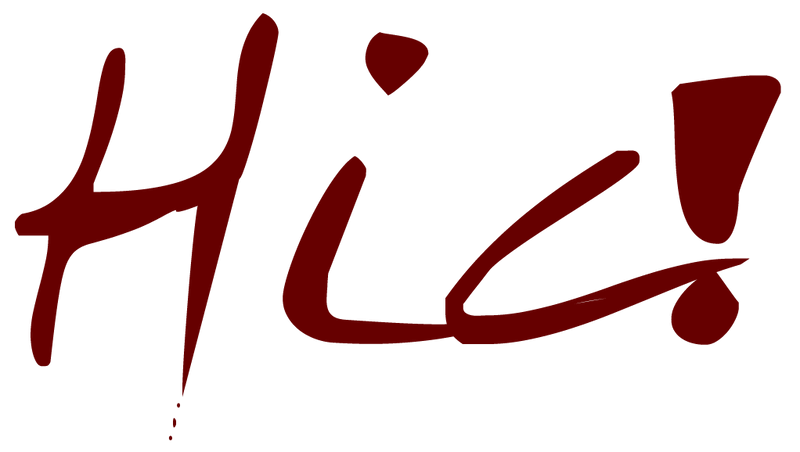Tertre Roteboeuf | Saint Émilion Grand Cru

Tertre Roteboeuf is an incredible property, lying 2km south-east of Saint-Emilion, in a natural amphitheatre, with slopes facing due south towards the rising sun, on soils of clay-limestone. Varying levels of clay, altitude, vine orientation and aspect make for a tremendously diverse palette of potential flavours and aromas, producing wines which combine warm fruit with controlled opulence, and a powerful, high-toned structure.
A mere six hectares in size, the extraordinary rise to fame of Tertre Roteboeuf Grand Cru, from relative obscurity, has been dramatic. Tertre Roteboeuf is not even a grand cru classé, yet is one of Saint-Emilion’s cult wines. This turnaround has been spearheaded by a unique individual, François Mitjavile, aided and abetted by his wife Miloute, his son Louis and daughter Nina.
From the outset, François Mitjavile sought to differentiate Tertre Roteboeuf through its quality and aimed to achieve this quality by concentrating on the vineyard. Happily he had a trump card in Tertre Roteboeuf itself, a jewel of a property. The exposition has the potential for optimum ripeness and considerable power yet as we have said, the soil is very rich clay over limestone and it is slow to warm up in spring, requiring an extended growing period. On the one hand, the aspect of the vineyard allied to continental climatic influence, makes for tremendous opulence, yet the gradual warming of naturally cool soil and some Atlantic traits acts as a counterbalance. The great paradox of the property is the preservation of power and elegance in perfect equilibrium. This is the hallmark of Tertre Roteboeuf, borne out in the glass. Decadence, verging on the cusp of over-ripeness, sits happily with a medley of vibrant primary fruit – revealing effortless finesse.
Tertre Roteboeuf is planted with 85% Merlot and 15% Cabernet Franc (with an average age of forty years), and this tends to be reflected in the blend. Both varieties are picked when super-ripe where possible. With a reputation as a late harvest man, François Mitjavile likens perfection to that state of maturity when fruit is so ripe as almost to be on the turn – a goal which it takes nerve to achieve.

